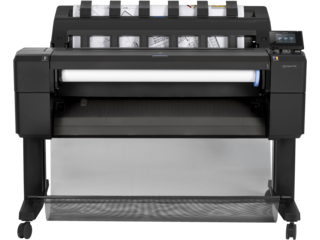If you want to start a t-shirt printing business, having the right equipment is essential. There are many aspects that you need to consider when purchasing the necessary supplies and components for your business, from direct to film transfer equipment to inks and more.
What Type of Equipment Is Needed?
The type of equipment needed depends on the type of t-shirt printing business you plan to start. For instance, if you want to screen print t-shirts, you will need things like emulsion or photo stencils, exposure units, aluminum frames, squeegees, and inkjet printers. On the other hand, if you plan to use sublimation, you will need direct to film transfer equipment, an industrial heat press, a computer, and an inkjet printer with special sublimation inks.

Where Can You Buy T-Shirt Printing Equipment?
You can purchase various types of t-shirt printing equipment online from suppliers such as Manatee Prints, Printa Systems, Vistaprint, and Inky’s Screen Printing Supplies. You may also find used t-shirt printing equipment listed for sale online or at local garage sales. Additionally, if you know someone who currently owns a t-shirt printing business, you could ask them if they have any extra resources you could buy from them or rent.
What Are the Benefits of Owning T-Shirt Printing Equipment?
Having your own t-shirt printing equipment can be beneficial in several ways. This type of equipment gives you control over the entire process, from creating the design to printing it on the shirt. In addition, owning your own t-shirt printing equipment can save you the cost of outsourcing printing jobs, which could make your business much more profitable. This equipment can also be used to create custom shirts for different customers, so you can expand your business offerings.
What Are the Different Types of T-Shirt Printing Technologies?
There are several different types of t-shirt printing technologies, including screen printing, digital printing, direct to garment (DTG) printing, vinyl printing, and sublimation. Each type has its own advantages and disadvantages that you should consider before making a purchase decision. Here is a brief overview of each technology:
Screen Printing
Screen printing involves pushing ink through a mesh screen and onto the t-shirt. It is ideal for producing high volumes of prints with bright colors, but it may require multiple screens and setup time. If you own the right equipment, screen printing can also be very cost effective.
Digital Printing
Digital printing utilizes advanced technology to create prints quickly and easily. It does not require any setup or additional screens, and it produces good results even on small runs. The main disadvantage of digital printing is that it is generally more expensive than other types of printing methods.
Direct To Garment (DTG) Printing
DTG printing uses inkjet technology to create prints directly on t-shirts. It offers a great level of detail and accuracy, and there is no need for screens or setup time. The downside is that DTG printing is usually more costly than other methods.
Vinyl Printing
Vinyl printing is similar to screen printing, but it requires the use of vinyl instead of ink. Vinyl is applied to the shirts using a heat press, and it is thicker and more durable than ink. This type of printing is ideal for smaller orders, since it does not require multiple screens or setup time.
Sublimation
Sublimation printing uses special dyes and direct to film transfer technology to produce prints on t-shirts. It is similar to DTG printing in that it produces highly accurate and detailed designs, but it is usually more cost effective. However, this method is not suitable for fabrics made of natural fibers, such as cotton.
No matter what type of t-shirt printing business you decide to start, having the right equipment is essential. By taking the time to research the available options and consider all factors, you can ensure that you have the supplies and components necessary for success.



